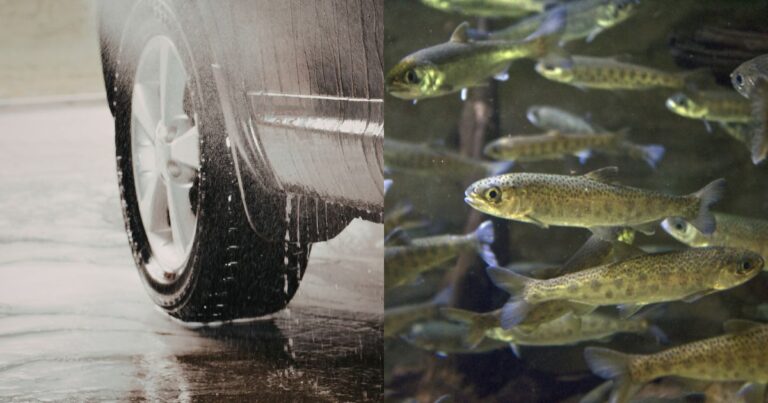That’s quite a haul to bring home, but that’s not all you’re bringing home and giving to your kids. When you buy all of the products manufactured just for children, you’re likely also bringing home a number of harmful chemicals – chemicals that can cause cancer, hormone disruption, and reproductive and developmental problems.
Makers of children’s products have reported widespread use of harmful chemicals under the landmark Washington state 2008 Children’s Safe Products Act (CSPA). Washington Toxics Coalition’s (WTC) report “What’s on Your List? Toxic Chemicals in Your Shopping Cart,” reveals the prevalence of chemicals that can cause cancer, hormone disruption, and reproductive and developmental problems in products readily available for purchase at many of the country’s largest retailers.
Overall there were 4,605 reports of Chemicals of High Concern to Children reported in children’s products such as toys, clothing, baby safety products, and bedding during this time period. A total of 78 companies such as Walmart, Target, Safeway, Walgreens, Nike, and Toys “R” Us reported products containing harmful chemicals. A total of 49 chemicals such as formaldehyde, bisphenol A (BPA), parabens, phthalates, heavy metals, and industrial solvents were reported.
Washington state passed the CSPA because over the years it has become apparent that the federal system overseeing chemicals is badly broken. While Congress remains mired in partisan political fighting, states like Washington, California and Maine (among others) have taken control of their chemical fates by passing policies that make public health a priority by banning certain toxic chemicals and holding the chemical industry accountable for chemicals used in consumer products.
But while we push for the federal government to do something meaningful to fix our broken regulatory system, and states continue to pass their own bans and regulations, consumers have an important role to play in changing the chemical landscape in consumer products:
Action Center
- Email retailers and ask them to get tough on toxic chemicals. (We’ve got over 50,000 emails to the retailers, help us reach 100,000!)
- Plan a Retailer Rendezvous with your friends—it’s easy and has a big impact. Download the Retailer Rendezvous Toolkit here.
- Watch and share the short video about our Mind the Store campaign.




